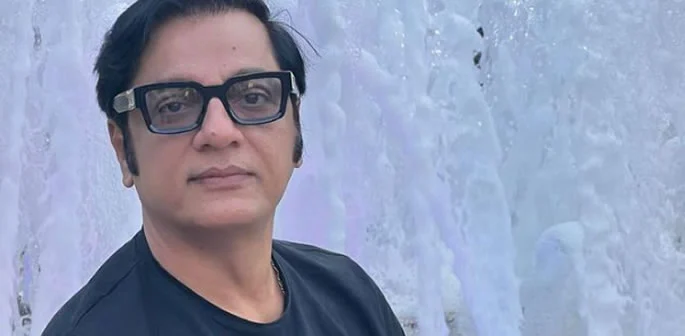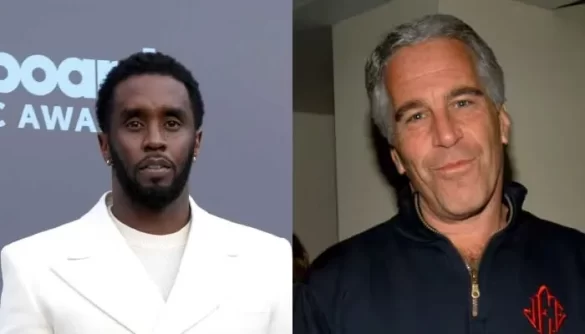Actor’s Humorous Take on Karachi’s Driving Woes
Renowned Pakistani television actor Nabeel Zafar, best known for his role in the hit comedy series Bulbulay, has taken a witty jab at the Sindh government’s new e-challan system. In a recent social media post, Zafar said that those who manage to drive safely on Karachi’s chaotic roads should be rewarded instead of fined.
According to the actor, navigating through the city’s pothole-ridden streets, reckless drivers, and erratic traffic is nothing short of an achievement. Anyone who manages to reach their destination safely in Karachi deserves applause, not penalties, he wrote, adding that such people perform a daily miracle on the roads.
Karachi’s Challenging Road Conditions
Driving in Karachi – Pakistan’s largest city and commercial hub – is often described by residents as a test of endurance. The metropolis, home to over 20 million people, struggles with broken roads, malfunctioning traffic signals, and chronic congestion.
Zafar highlighted the resilience of Karachi’s commuters, saying that despite daily traffic jams and deteriorating infrastructure, they continue to show patience and discipline. Recently, fellow actor Javeria Saud defended Karachi amid criticism from fellow actresses, emphasizing that despite its flaws, the city still embodies warmth, creativity, and resilience. The fact that citizens still manage to commute every day is proof of their perseverance, he remarked.
Many drivers echo his sentiments, noting that poor road maintenance often causes damage to vehicles and increases the risk of accidents. According to local media reports, more than 10,000 road accidents were recorded in Karachi last year, many linked to damaged roads and poor traffic management.
Criticism of the New E-Challan System
The Sindh government recently rolled out an electronic traffic fine (e-challan) system across several major roads in Karachi. The system automatically identifies traffic violations using cameras and issues fines to registered vehicle owners.
However, the initiative has drawn sharp criticism from both citizens and political groups. Critics argue that before penalizing drivers, the government should improve road quality and traffic control systems. Many social media users have echoed Zafar’s humorous criticism, saying that driving in Karachi is already punishment enough.
A Call for Better Urban Management
Zafar’s remarks, though lighthearted, reflect a serious issue – the state of urban infrastructure in Pakistan’s biggest city. Experts say long-term solutions require better planning, regular maintenance, and strict regulation of traffic.
Until then, for many Karachiites, driving will continue to feel less like a routine and more like an adventure – one that tests both patience and survival skills.















